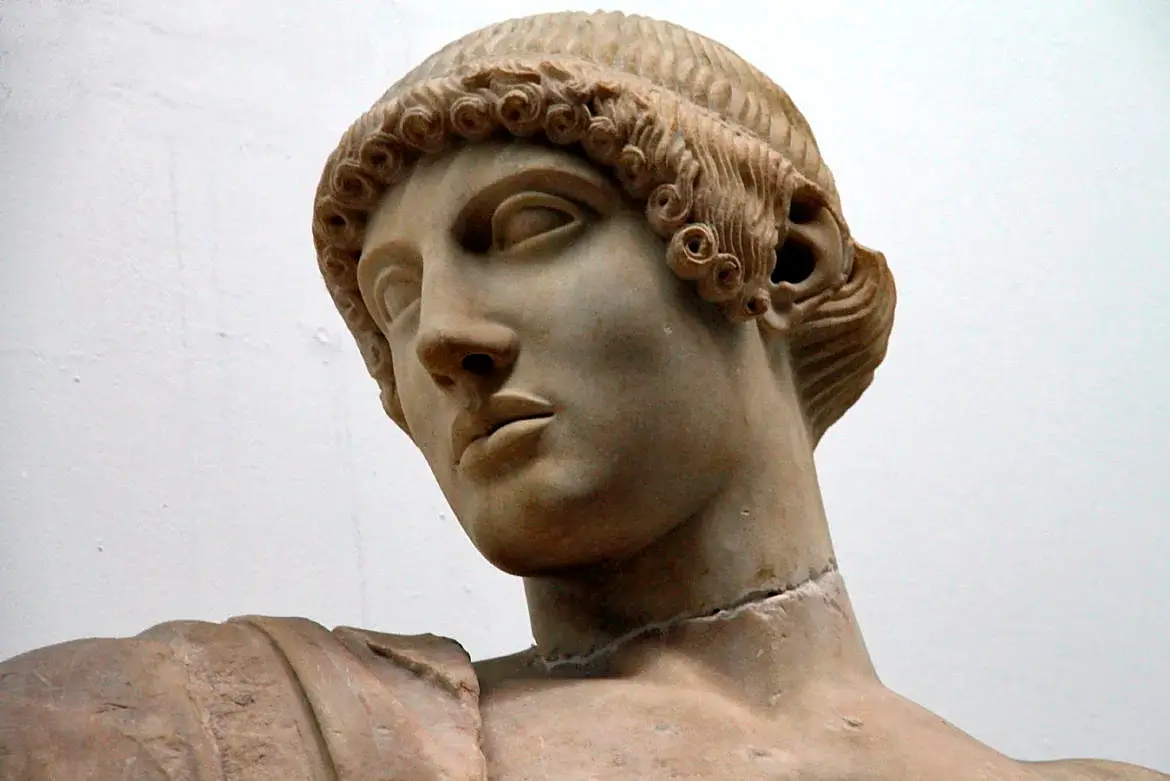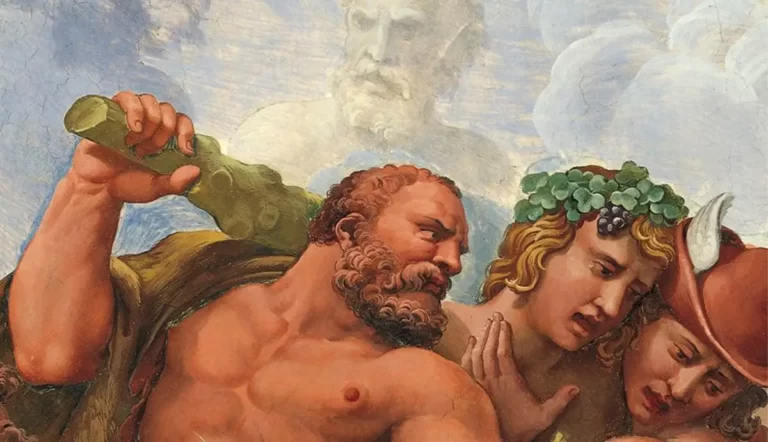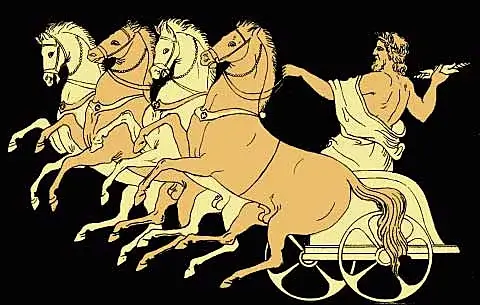Miasma Greek Mythology Of Disease and Death
Miasma (Greek: μίασμα) is a pollution of the atmosphere that was once believed to be caused by decaying matter. It was also thought to be the cause of disease, especially cholera, and the plague. The word miasma comes from the Greek word for pollution, which is μίασμα (miasma).
The belief in miasma was very common in the ancient world. The Roman writer Pliny the Elder said that miasma was “the pollution emitted by all things that are rotten and decayed.” The Greek historian Thucydides said that miasma was responsible for the plague of Athens in 430 BC. Miasma was also used to explain why some people got sick and others did not.
The origins of miasma
Miasma was a term used by the ancient Greeks to describe pollution. It was thought to be caused by the rotting of organic matter, and it was believed to be harmful to both humans and animals. The word miasma comes from the Greek word μίασμα, which means “pollution.”
Miasma was first mentioned in Homer’s epic poem, The Odyssey. In this poem, miasma is described as a thick fog that surrounds the island of Circe. This fog is said to be poisonous, and it is said to cause those who breathe it in to become mad.
The belief that miasma could cause illness was common in ancient Greece. This belief persisted into the Middle Ages when miasma was thought to be responsible for diseases such as leprosy and the Black Death.
What is the Story Of Miasma in Greek Mythology?
Miasma is a Greek word that refers to pollution. In Greek mythology, miasma was the result of sin. It was thought to be a physical and spiritual force that could contaminate people, places, and things. Miasma was believed to cause illness, disease, and death. It was also thought to be contagious.
The story of miasma begins with the fall of man. When Adam and Eve sinned, they were cast out of Eden and into the world of pollution and death. Their sin created a spiritual force called miasma that contaminated everything it touched. Miasma was passed down from generation to generation, causing illness, disease, and death.
The only way to rid oneself of miasma was through purification rituals. These rituals involved fasting, prayer, and cleansing baths.
How miasma affects humans
Miasma is a term used to describe bad air. It was once thought that diseases were caused by miasma, which is why it was important to ventilate buildings and keep them clean. In Greek mythology, miasma was often associated with death and the underworld. It was believed that miasma could be created by pollution from corpses or other decomposing matter. Miasma could also be created by humans through their actions, such as committing murder or engaging in other immoral behavior.
Miasma was thought to cause disease in humans because it was believed to be full of toxins and evil spirits. The belief in miasma led to many hygiene practices, such as washing hands and bodies, and avoiding contact with sick people or contaminated areas.
Examples of miasma in Greek mythology
In Greek mythology, miasma was often associated with death and decay. It was thought to be a thick, dark fog that could cause illness and even death. Miasma was believed to be the result of pollution, both physical and moral. The term is still used today to describe a feeling or atmosphere of negativity, gloom, or evil.
The role of miasma in purification rituals in Greek Mythology
In Greek mythology, miasma was seen as a form of pollution that could be caused by many things, such as crime, sin, or even death. This pollution was thought to contaminate not only the person or object that was tainted but also the space around them. Miasma could also be passed on to others through contact, which is why it was often seen as contagious. To purify someone or something from miasma, special rituals were performed. These typically involved cleansing with water or fire, as well as offerings and prayers to the gods. In some cases, the person or object would also be banished from society altogether. While the concept of miasma may seem strange to us today, it played an important role in ancient Greek culture and helped people to make sense of their world.
Conclusion
Miasma was a major part of Greek mythology. It was the belief that pollution, both physical and spiritual, could be passed from one person to another. This belief was often used to explain away diseases and other illnesses. Miasma could also be used to describe the feeling of dread or foreboding that could come over someone.
Though miasma was a large part of Greek mythology, it is no longer believed to be a real thing. Modern science has disproven the idea that pollution can be passed from person to person. However, the feeling of dread or foreboding that miasma describes is still very real. Many people experience this feeling when they are about to do something risky.
So while miasma may not be a real phenomenon, it is still an important part of Greek mythology.






